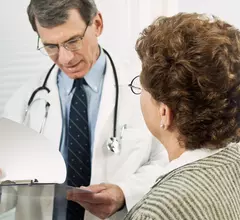lifeIMAGE announced today the release of Clinical Connector, powered by lifeIMAGE, a high-performance, scalable, and secure health care application. It connects patients to their care delivery ecosystem while simultaneously simplifying administrative burdens for caregivers. Clinical Connector was built from the ground up using U.S. and international standards to enable a growing and broad set of interoperability needs across clinical and non-clinical applications, including medical imaging platforms that can now share data seamlessly between clinicians and patients. In the interest of patient continuity, lifeIMAGE is making the Clinical Connector available to all clearinghouse users of the Radiological Society of North America (RSNA) Image Share pilot program, which is coming to a successful completion on March 31, 2018.





